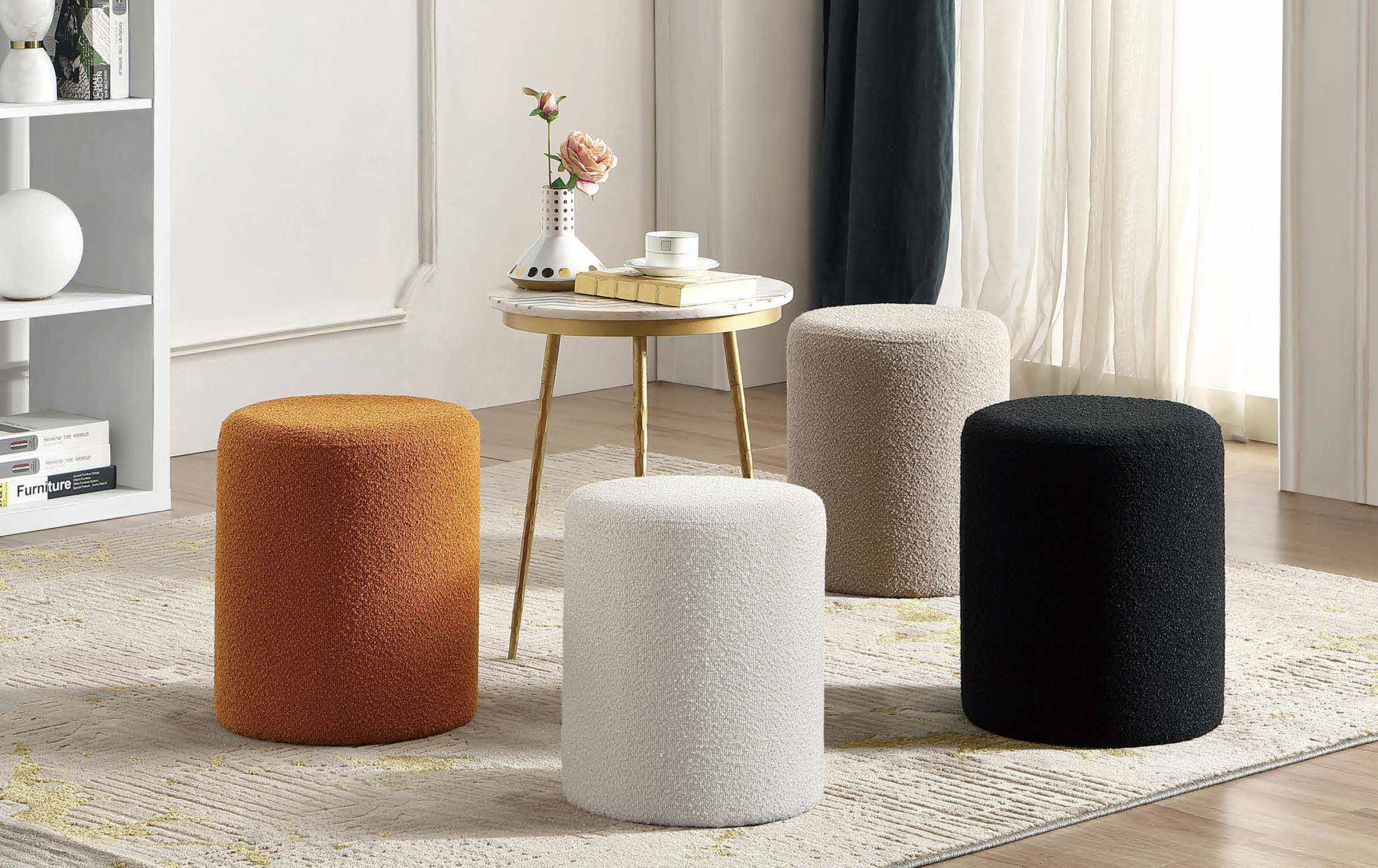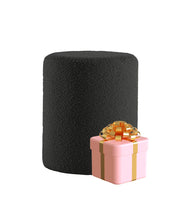Global trade tensions can make buying furniture feel more like a gamble than a shopping spree. From price hikes to unpredictable supply chains, a trade war can shake up the industry—but with smart strategies, you can still score quality pieces without breaking the bank. Here’s how to shop smart when global politics hit the home front.
1. Know What’s Affected
Trade wars often lead to tariffs on imported goods, and furniture is frequently on the list. This can mean higher prices for items made overseas—especially from major exporters like China. Keep an eye on where your furniture is made and be aware of which materials or products are impacted.
2. Shop Local
Support local and regional manufacturers. Not only does this help avoid tariff-related markups, but you’ll also get the benefit of faster delivery and potentially better customer service. Many local artisans and retailers offer high-quality, handcrafted pieces that add unique charm to your home.
3. Invest in Versatile, Long-Lasting Pieces
When prices fluctuate, it’s wise to focus on quality over quantity. Invest in furniture that’s built to last—think solid wood frames, durable upholstery, and timeless designs. Multi-functional items, like storage ottomans or extendable dining tables, can also give you more value for your money.
4. Look for Sales & Clearance Events
Retailers may run promotions to offset slowed sales or make room for new, tariff-free inventory. Keep an eye out for flash sales, outlet deals, or seasonal clearances. Signing up for store newsletters or alerts can give you first dibs on bargains.

5. Consider Refurbished or Secondhand Options
With new imports in flux, the secondhand market becomes even more attractive. Vintage, antique, or gently-used furniture can be just as stylish and reliable—and often comes with a lower price tag and a smaller environmental footprint.
6. Stay Flexible With Style and Brand
You might have your heart set on a specific brand or style, but trade disruptions can affect availability. Be open to alternatives. Lesser-known brands, emerging designers, or custom-built options can surprise you with both quality and affordability.
Final Thoughts
A trade war doesn’t have to derail your home upgrade plans. With a little strategy, flexibility, and an eye for value, you can navigate the market confidently—and still bring home beautiful, functional furniture. Smart shopping starts with staying informed and choosing pieces that truly serve your space and lifestyle.














